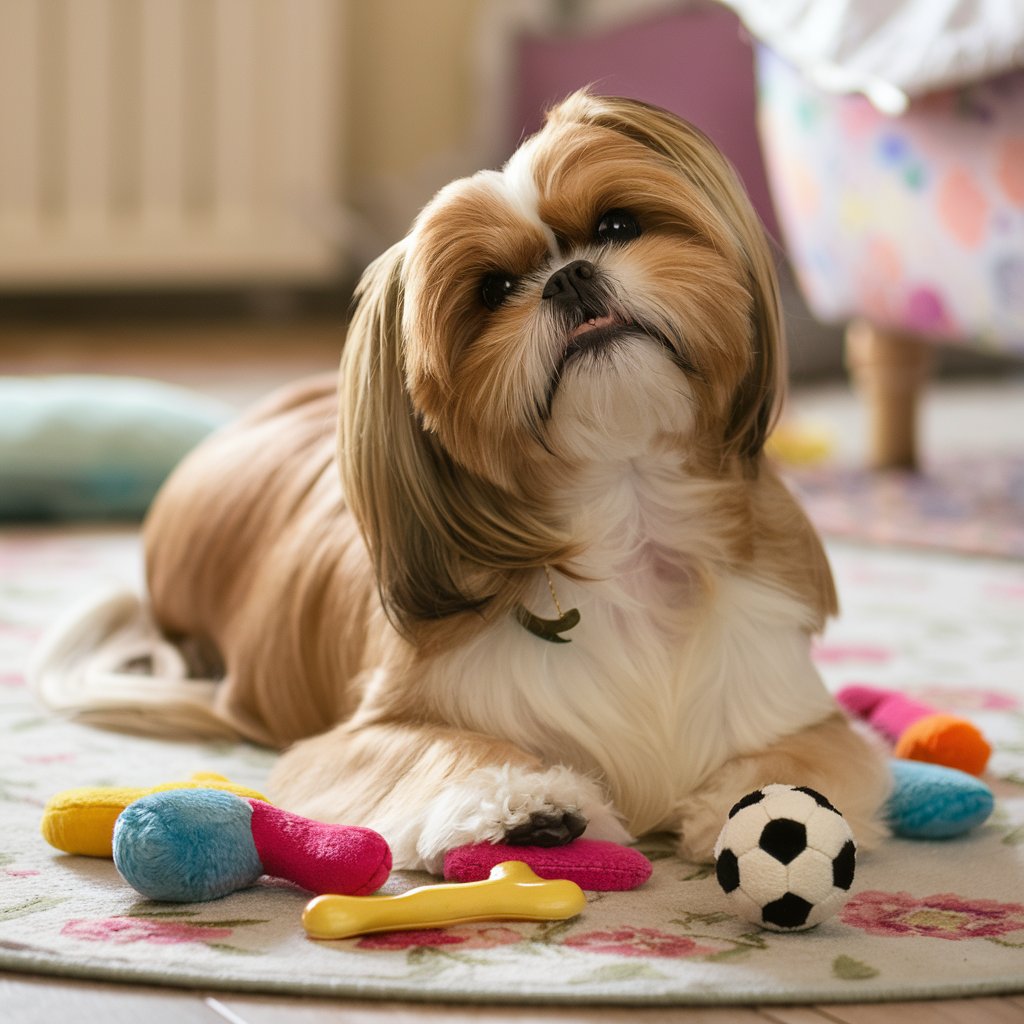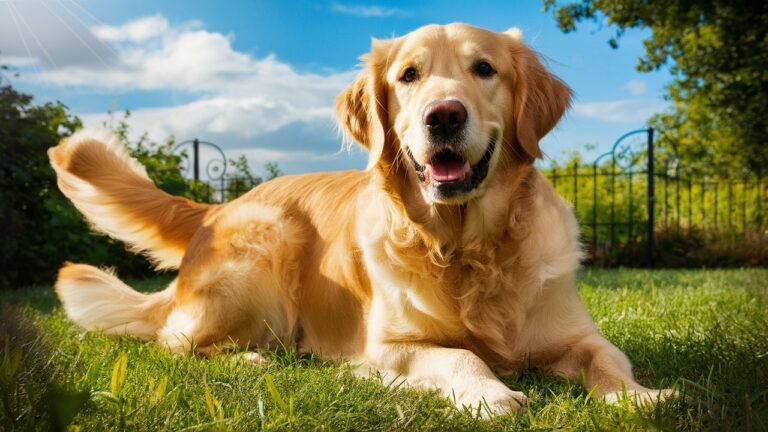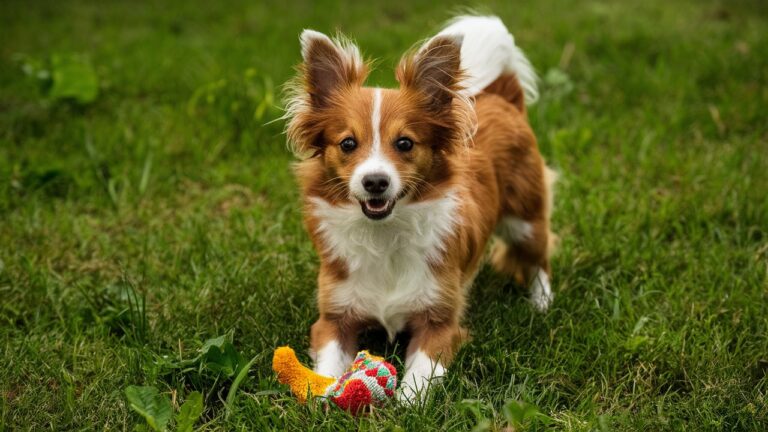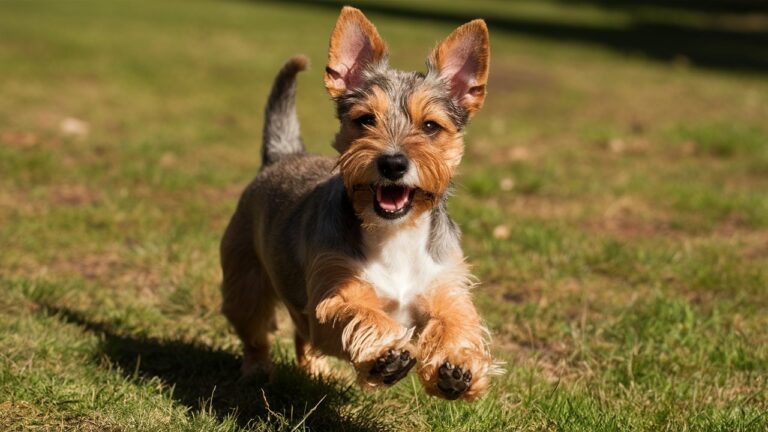Complete Shih Tzu Guide: 100% Essential Information and Insights
Shih Tzus, often known as “little lion dogs,” are a beloved breed that has charmed dog lovers for centuries. With their luxurious coats, endearing personalities, and royal lineage, Shih Tzus make delightful companions. This comprehensive guide will delve into the history, characteristics, grooming needs, health considerations, and personal anecdotes to provide a thorough understanding of this enchanting breed.
History and Origin
Shih Tzus have a rich history that dates back over a thousand years. Originating in China, they were bred as companion dogs for Chinese royalty, particularly during the Ming and Qing dynasties. The breed’s name, “Shih Tzu,” translates to “lion dog,” inspired by their resemblance to the traditional Chinese guardian lions.
Legend has it that Shih Tzus were often gifted to Chinese emperors by Tibetan monks, who considered the dogs to be sacred. These small, affectionate dogs were highly valued in the imperial court, where they were pampered and adored. It wasn’t until the early 20th century that Shih Tzus made their way to the Western world, quickly gaining popularity due to their charming looks and delightful personalities.
Characteristics and Temperament

Physical Appearance
Shih Tzus are small, sturdy dogs with a distinctive appearance. They typically weigh between 9 to 16 pounds and stand about 9 to 10.5 inches tall at the shoulder. Their most notable feature is their long, flowing double coat, which comes in a variety of colors, including gold, white, black, and brindle. Their faces are characterized by a short muzzle, dark, round eyes, and a charming underbite, giving them a distinctive and expressive look.
Personality
Shih Tzus are known for their friendly, affectionate, and outgoing personalities. They are often described as “little bundles of joy” because of their cheerful and playful nature. These dogs thrive on human companionship and form strong bonds with their families. They are generally good with children and other pets, making them excellent family dogs.
Despite their royal lineage, Shih Tzus are not overly demanding or high-maintenance when it comes to their behavior. They are relatively easygoing and adaptable, content to relax on the couch as much as they enjoy a playful romp in the yard. However, they do require regular interaction and do not like being left alone for long periods.
Grooming and Maintenance
Coat Care
The Shih Tzu’s luxurious coat requires regular grooming to keep it looking its best. Here are some essential grooming tips:
- Daily Brushing: To prevent tangles and mats, Shih Tzus should be brushed daily using a pin brush or a slicker brush. This helps to remove loose hair and keeps the coat healthy and shiny.
- Bathing: Shih Tzus should be bathed every three to four weeks using a mild dog shampoo. Regular bathing helps to keep their coat clean and free of dirt and debris.
- Trimming: Many Shih Tzu owners opt for professional grooming every six to eight weeks to keep the coat trimmed and manageable. Popular styles include the “puppy cut,” which keeps the hair short and easy to maintain.
Eye and Ear Care
Due to their facial structure, Shih Tzus are prone to eye and ear issues. Regular cleaning and maintenance are crucial:
- Eyes: Shih Tzus often have tear stains around their eyes. Wiping the eyes daily with a damp cloth can help prevent staining and irritation.
- Ears: Their floppy ears can trap moisture and debris, leading to infections. Clean the ears weekly with a veterinarian-recommended ear cleaner to keep them healthy.
Health Considerations
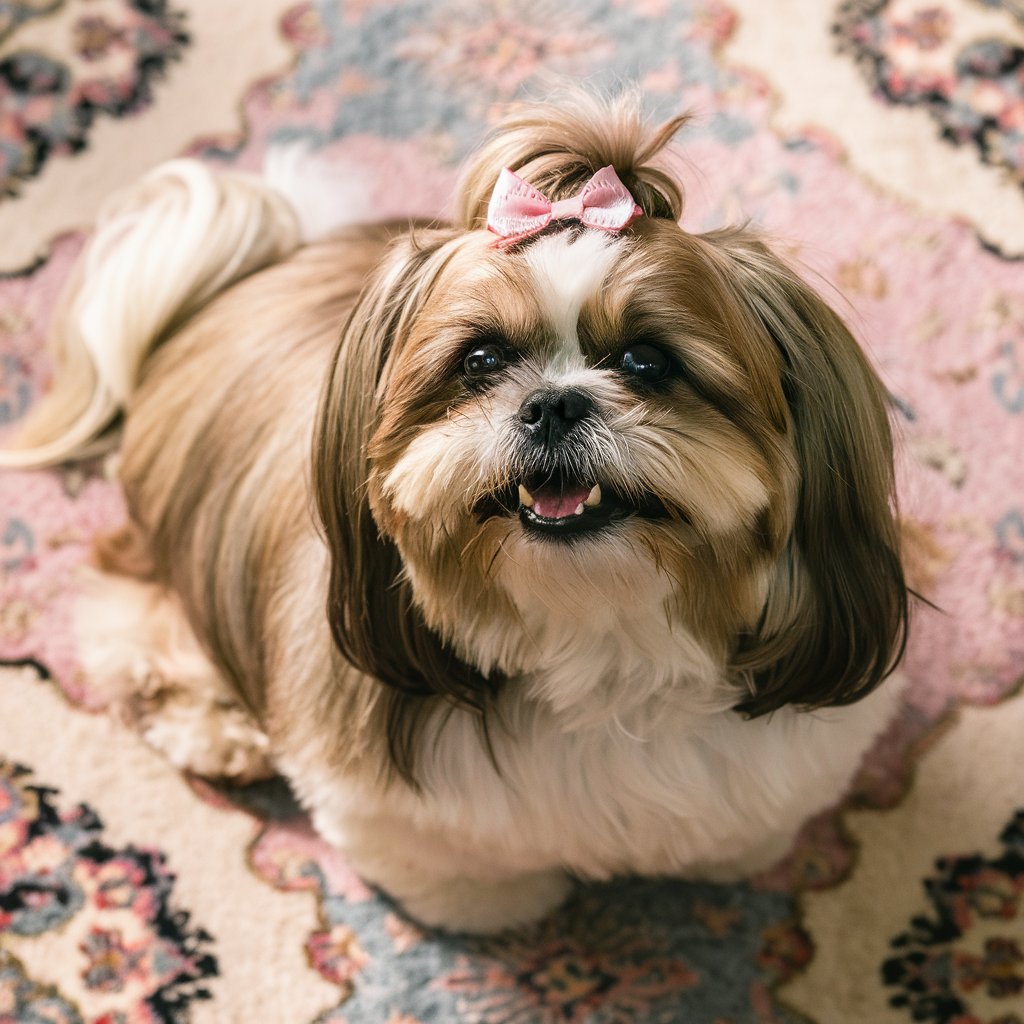
Common Health Issues
While Shih Tzus are generally healthy dogs, they are prone to certain health conditions:
- Brachycephalic Syndrome: Due to their short noses, Shih Tzus can have breathing difficulties, especially in hot or humid weather. It’s important to keep them cool and avoid strenuous exercise in high temperatures.
- Hip Dysplasia: This genetic condition affects the hip joints and can lead to arthritis. Regular veterinary check-ups and maintaining a healthy weight can help manage this issue.
- Eye Problems: Shih Tzus are susceptible to various eye conditions, including cataracts, progressive retinal atrophy (PRA), and dry eye. Regular eye exams are essential for early detection and treatment.
- Dental Issues: Due to their small mouths, Shih Tzus can experience dental problems. Regular brushing and professional dental cleanings are crucial to maintaining their oral health.
Preventive Care
Routine veterinary care is essential to keep your Shih Tzu healthy. This includes:
- Vaccinations: Keeping up-to-date with vaccinations helps protect your dog from various diseases.
- Dental Care: Regular brushing and dental check-ups are essential for preventing dental issues.
- Parasite Prevention: Regular treatment for fleas, ticks, and heartworms helps keep your dog free from parasites.
- Balanced Diet: Feeding your Shih Tzu a high-quality diet appropriate for their age and activity level helps maintain their overall health.
Personal Anecdote: Life with a Shih Tzu
Allow me to share a personal story about my experience with my Shih Tzu, Lily. Lily came into our lives as a small, fluffy ball of energy, and it was clear from the start that she was a special addition to our family.
One of the most endearing qualities of Lily is her playful and affectionate nature. She loves to be the center of attention and will often perform little tricks to get a laugh from us. One of her favorite pastimes is playing fetch with her squeaky toys. Despite her small size, she has a surprising amount of energy and can keep playing for hours.
Grooming Lily has become a cherished routine. Every evening, she sits patiently on my lap while I brush her coat, enjoying the gentle strokes and the time we spend together. Bathing her is always an adventure, as she loves to splash around in the water, turning bath time into a fun and bonding experience.
Lily’s loyalty and affection are unparalleled. She has a keen sense of when someone in the family needs comfort and will snuggle up to them, offering silent support. Her presence has brought immense joy and comfort to our home, and her cheerful personality brightens even the darkest days.
Training Tips
Shih Tzus are intelligent and eager to please, making them relatively easy to train with consistency and positive reinforcement. Here are some training tips:
- Start Early: Begin training and socialization early to establish good habits and prevent behavioral issues.
- Positive Reinforcement: Use treats, praise, and play to reward good behavior. Shih Tzus respond well to positive reinforcement.
- Consistency: Be consistent with commands and rules. This helps your Shih Tzu understand what is expected of them.
- Patience: Training a Shih Tzu requires patience, especially with housebreaking. Be persistent and patient, and avoid punishment-based training methods.
- Socialization: Expose your Shih Tzu to different environments, people, and other animals to help them become well-rounded and confident.
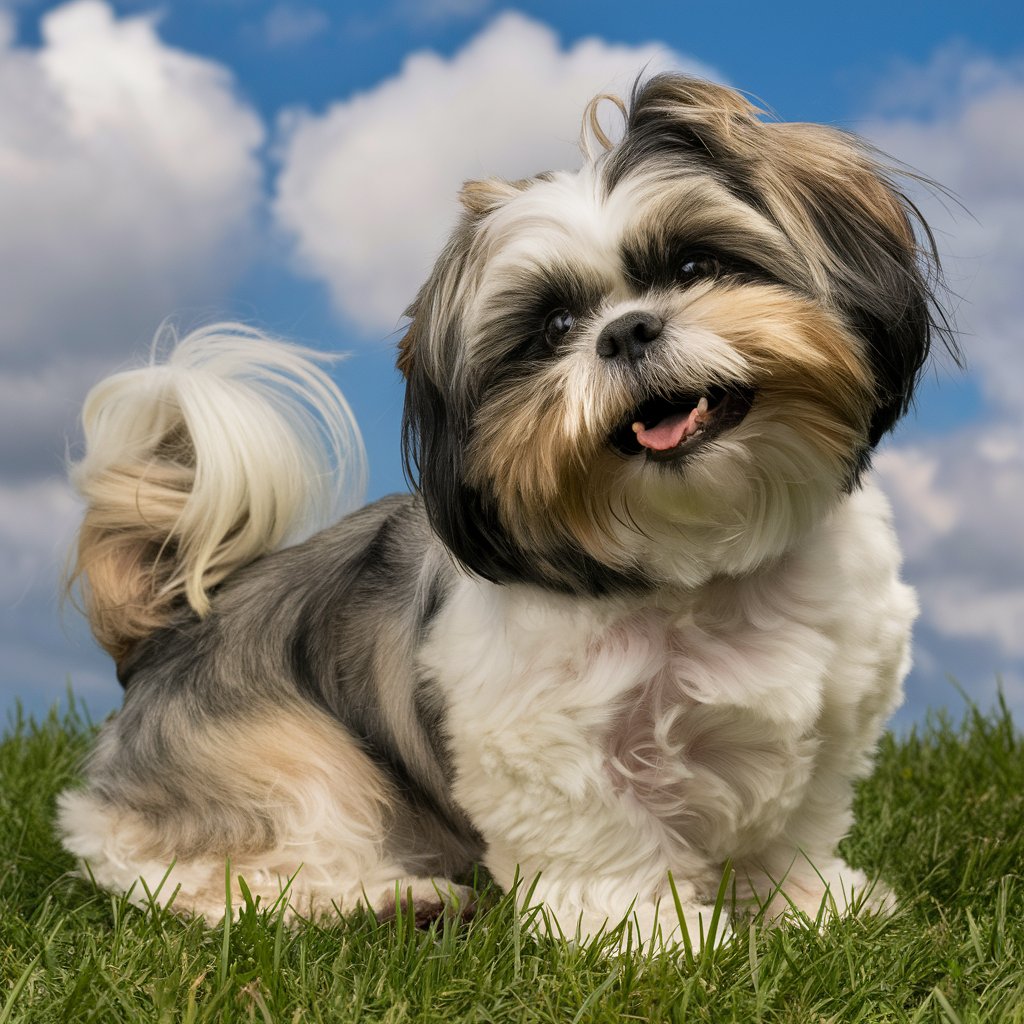
Conclusion
Shih Tzus are a remarkable breed with a rich history, distinctive appearance, and delightful personality. They make wonderful companions, bringing joy, loyalty, and affection to their families. Owning a Shih Tzu comes with responsibilities, particularly in terms of grooming and health care, but the rewards are immeasurable.
Whether you are considering adding a Shih Tzu to your household or are simply an admirer of the breed, there is no denying the special place they hold in the hearts of dog lovers worldwide. Their playful nature, combined with their loving disposition and regal appearance, makes them truly unique and endearing companions.
